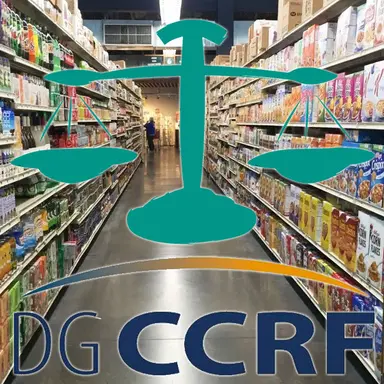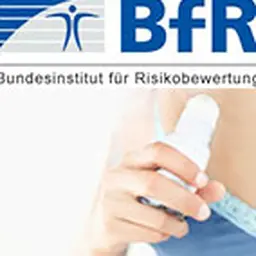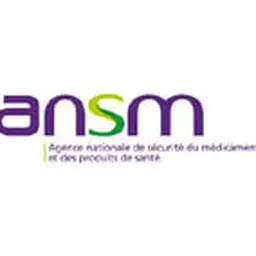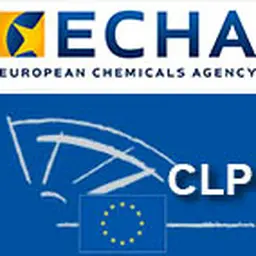
The placing on the market of pre-packaged products with more or less significant underdoses creates unfair competition between manufacturers and misleads the consumer, says the DGCCRF. In order to detect, quantify and qualify these fraudulent practices, its services regularly carry out checks to verify whether the quantity of product present in the pre-packaged products marketed on the national market corresponds to that indicated on the labelling. The results of the survey carried out in 2018 have just been published and show that even if professionals generally comply with the regulatory obligations, the self-checking processes remain insufficient.
Pre-packaging is a very common way of marketing products, particularly in the food, beverage, chemical and cosmetics industries.
There are two main types of pre-packaging:
• Constant nominal quantity (NQ), dosed using different types of machines, generally in an automated way; in this case, all the pre-packages in the batch are labelled with the same NQ; cans of peas or cosmetic products are examples of constant nominal quantity packaging;
• With variable nominal quantity (NQ); each product pre-package is weighed individually and a weighing label is issued indicating the individual net weight. These pre-packages mainly concern meat, cheese, fish, fruit and vegetables in trays, often packaged by supermarkets and hypermarkets. The nominal quantity is the net quantity of the product which the pre-package is supposed to contain.
Make self-checks more reliable
The level of implementation of self-checks is rather heterogeneous according to professionals and is sometimes limited to a simple visual control. Operators who decide to invest in equipment (checkweigher) to avoid dosing errors or in the implementation of process control procedures are often inclined to do so, especially if the raw materials are expensive, with a view to improving their margins.
Insufficiencies in the self-checking methods
The method used …












